According to Vena Solutions, many U.S. businesses fail within their first decade: 23.2% in the first year, 48% within five years, and 65.3% within ten. This shows that intelligence alone cannot guarantee success. It then sparks the question of why smart people fail in business despite their talent and vision.
To answer that question, we’ll reveal common yet overlooked reasons for failure, along with real examples and practical tips. By learning from others’ mistakes, you can strengthen your business strategy. So, let’s uncover how to turn intelligence into lasting success!
Key Takeaways
- Intelligence doesn’t guarantee business success, but execution and adaptability do.
- Common pitfalls include overthinking, perfectionism, and poor financial management.
- Strong teams, networking, and emotional intelligence are essential for lasting success.
12 Reasons Why Smart People Fail in Business
To avoid a similar downfall, we’ve shortlisted the 12 reasons why smart people fail in business to transform potential into lasting success. So, apply these lessons to your own business and put them into practice!
1. Overthinking That Delays Action

Highly intelligent people often overanalyze every detail, which can lead to indecision and missed opportunities. While planning is valuable, waiting for the perfect moment allows competitors to move faster. The best approach is to act when 80% ready and refine along the way. This strategy ensures you balance preparation with timely execution.
Also Read: 15 Best Business Podcasts You Should Listen To
2. Perfectionism That Slows Progress
Smart people often set exceptionally high standards for themselves and their work. While this can lead to excellence, it can also stall projects indefinitely. Focus on creating a minimum viable product (MVP) and improving it based on real user feedback, instead of chasing perfection from the start.
3. Lack of Managerial Skills
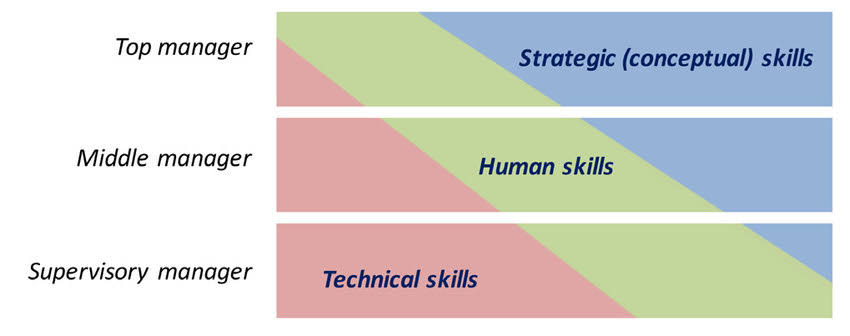
Being brilliant at problem-solving doesn’t automatically make someone an effective leader, and this is one reason why smart people fail in business. Highly intelligent individuals often struggle with delegation, managing workflows, or motivating their teams, which can hinder overall growth.
To overcome this challenge, investing in leadership training or bringing in experienced managers can turn vision into actionable results. By combining intelligence with strong leadership, businesses can achieve sustainable success and avoid common pitfalls.
4. Overconfidence in Ideas Without Market Validation
When you’re convinced of your own brilliance, it’s easy to skip testing your ideas. Passion and logic alone don’t prove market demand. Conduct surveys, focus groups, or pilot launches to ensure your innovation meets real needs and avoids costly mistakes.
5. Poor Financial Management
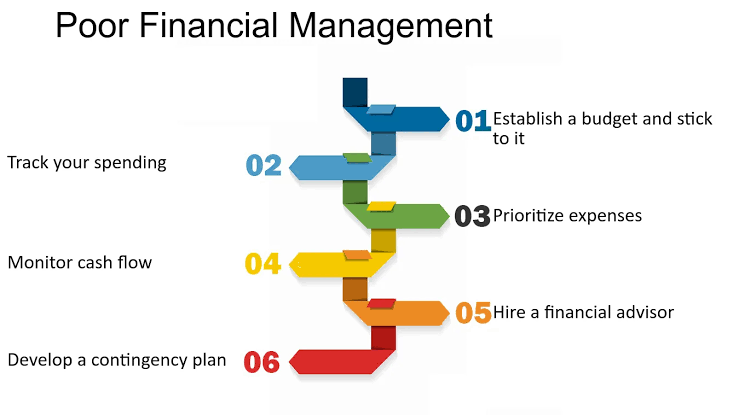
Many smart entrepreneurs underestimate the importance of tracking numbers closely, focusing on growth instead of budgeting, cash flow, and profitability. Without financial discipline, even profitable ventures can run out of operating funds. Implement systems to monitor expenses, revenue, and reserves consistently.
6. Failure to Build and Lead a Strong Team
Some intelligent people try to carry the entire load themselves, believing no one else can meet their standards. This approach leads to burnout and slows growth. Hiring skilled professionals, empowering them, and fostering trust multiplies results far beyond individual effort.
Also Read: 15 Brilliant Business Ideas for Students to Earn Money
7. Resistance to Feedback and Criticism
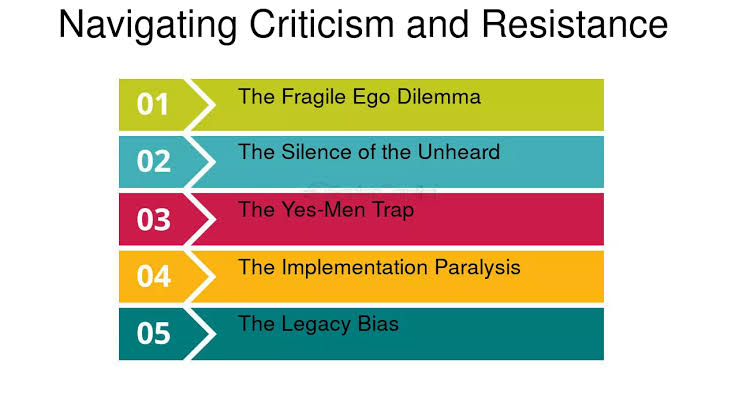
Brilliant minds sometimes reject feedback, thinking their perspective is superior, but this can overlook critical insights. To navigate resistance, actively listen to input and evaluate it objectively before responding. Embracing constructive criticism from clients, team members, or peers fosters a culture that improves products, strengthens relationships, and drives long-term success.
8. Inability to Adapt to Market Changes
The business landscape shifts constantly, and rigid adherence to old strategies can be fatal. Even highly intelligent entrepreneurs risk failure if they cling to their original vision, unable to see that a strategy is no longer working. To stay relevant and competitive, stay informed about new trends and pivoting strategies whenever necessary.
9. Underestimating Execution Over Ideas
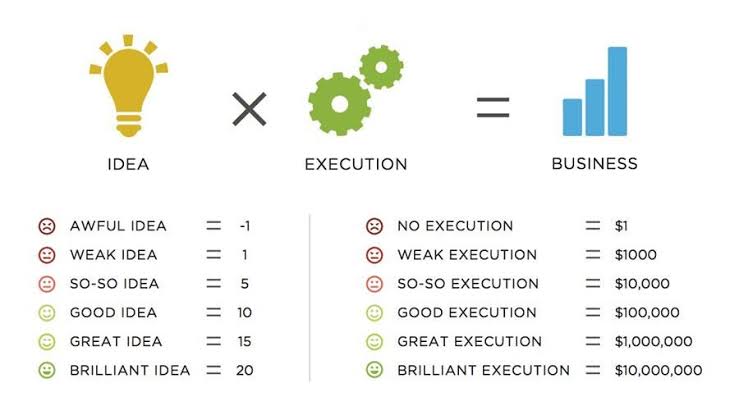
Another reason why smart people fail in business is because of the abundant ideas with rare execution. Many smart people believe a great concept is enough, but they forget that consistent action is what turns a vision into profit. Setting deadlines, tracking progress, and maintaining accountability are what transform potential into measurable success.
Also Read: How to Start an Online Business with No Money but These 7 Key Assets
10. Neglecting Networking and Relationship Building
Some smart entrepreneurs over-rely on their own skills and underestimate the power of connections. After all, business growth often depends on partnerships, mentorships, and collaborations. Actively building and nurturing a network creates opportunities that intelligence alone cannot generate.
11. Burnout from Overcommitment
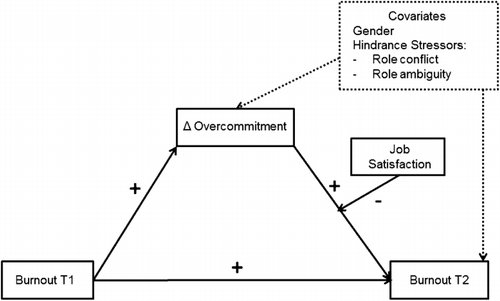
Ambition drives many smart people to overwork, thinking their intellect can compensate for exhaustion. However, burnout diminishes creativity, clarity, and decision-making. Balancing work with rest, delegating tasks, and setting boundaries preserves long-term performance.
12. Ignoring Emotional Intelligence (EQ)
IQ might help you design a product, but EQ helps you sell it, lead a team, and retain clients. Neglecting emotional intelligence results in poor communication and strained relationships. Developing empathy, active listening, and self-awareness enhances leadership and overall business success.
Also Read: 15 Things to Sell to Make Money: Low-Cost Ideas With High-Profit
Boost Your Business Smarts and Avoid Hidden Failures
Understanding why smart people fail in business is the first step toward turning intelligence into tangible success. By recognizing pitfalls like overthinking, perfectionism, and poor financial management, you can make smarter decisions. Moreover, mixing knowledge with action ensures your ideas don’t stay on paper.
In addition, cultivating emotional intelligence, building strong teams, and embracing feedback create a solid foundation for growth. Therefore, learning from the mistakes of others helps you avoid hidden failures. As a result, your smarts become a true asset when paired with strategy, adaptability, and consistent execution.






